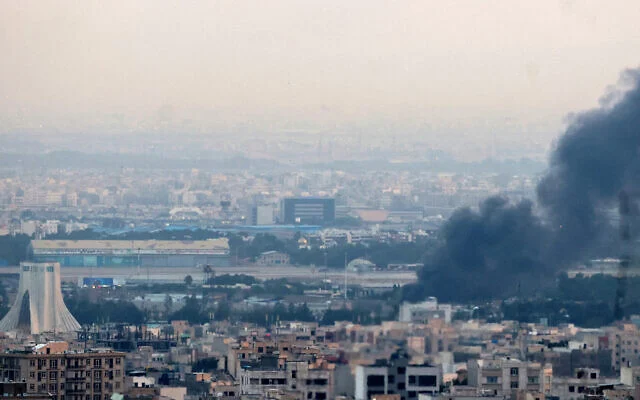By Atoyebi Nike
Israel has reportedly eliminated at least 14 top Iranian nuclear scientists in a series of targeted airstrikes, in what officials say is a major blow to Iran’s nuclear program. The strikes are part of Israel’s ongoing military campaign against Iran that began in earnest on June 13, 2025.
According to Israeli intelligence sources, the scientists killed include physicists, engineers, explosives experts, and materials specialists, many of whom were allegedly directly involved in nuclear weapons development.
“These individuals weren’t just academics,” said Zarka, a senior Israeli official. “They were actively working to build a nuclear weapon. This operation has delayed that effort significantly.”
Iranian state television on Tuesday confirmed the death of one such scientist, Mohammad Reza Sedighi Saber, in an Israeli strike. His teenage son was reportedly killed during the initial June 13 assault.
Strategic Impact Unclear
Israeli officials claim the targeted killings could set back Iran’s nuclear ambitions by several years, analysts caution against overstating the impact.
“This is symbolically significant but not strategically decisive,” said Lova Rinel, a nuclear policy analyst at the Foundation for Strategic Research in Paris. “Iran has other scientists and may recover, albeit with delays.”
Israeli sources argue that ongoing sabotage efforts, including cyberattacks and intelligence operations over the years, have consistently stalled Iran’s path to a nuclear bomb.
“If not for these setbacks, Iran would likely have a nuclear weapon by now,” Zarka claimed.
Legal Debate Over Targeting Scientists
The legality of assassinating nuclear scientists remains murky under international law. While non-combatants are generally protected, scholars note that those actively involved in weapons development for military use may be deemed legitimate targets.
“Individuals working on weapons that threaten another nation’s survival may fall outside civilian protections,” argued Steven R. David, professor of political science at Johns Hopkins University.
Others called for caution and more transparency.
“We lack the full scope of evidence on their specific roles,” said Laurie Blank, an international law scholar at Emory University. “Due process and international norms must always guide such actions.”
Zarka emphasized that those targeted were not mere academics, “Understanding uranium is one thing. Designing a warhead that fits on a missile is something entirely different and these individuals had that capability.”


